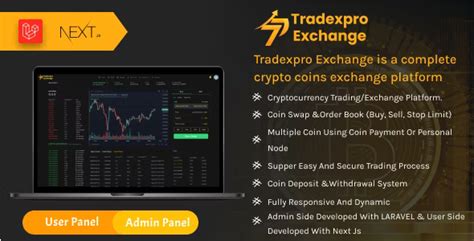« Decoding Cryptocurrency, APIs, and Decentralized Exchanges to Unlock Hidden Gains in Crypto Investing »

As the world of cryptocurrency continues to evolve at a rapid pace, investors are turning to innovative platforms that offer unparalleled flexibility and efficiency. Two emerging trends that have gained significant attention in recent years are decentralized exchanges (DEXs) and APIs trading within these ecosystems.
Decentralized Exchanges (DEXs)
A DEX is an online marketplace where users can trade cryptocurrencies without the need for a central authority or intermediary. Unlike traditional exchanges, which require users to create an account, register, and verify their identity before entering the market, DEXs operate on a peer-to-peer basis, allowing users to buy and sell cryptocurrencies directly from one another.
One of the key benefits of DEXs is their ability to offer lower fees compared to traditional exchanges. Additionally, DEXs often have more robust security features, such as built-in wallets and risk management tools, which help to protect users’ assets from potential losses.
The rise of DEXs has been fueled by the increasing demand for decentralized platforms that can provide users with more autonomy and control over their financial transactions. As a result, we’ve seen the emergence of new DEX protocols like Optimism and Arbitrum, which offer faster transaction times and lower fees compared to traditional exchanges.
API Trading within Decentralized Exchanges
API (Application Programming Interface) trading is a type of trading that allows users to access the functionality of a decentralized exchange without needing to create an account or set up their own wallet. By using APIs, traders can automate trades, manage risk, and streamline their investment processes with greater ease.
One of the key advantages of API trading is its ability to offer real-time market data and prices, as well as the flexibility to use custom-made trading strategies. This allows traders to react quickly to changing market conditions and optimize their investment portfolios in real-time.
APIs are also being used by decentralized exchanges (DEXs) themselves to provide users with more features and functionality than traditional exchanges. For example, some DEXs offer APIs that allow users to access liquidity pools, which can be used to create new trading opportunities or manage risk.
BEP20
BEP20 is a protocol developed by the Binance Smart Chain (BSC) that allows for the creation of non-fungible tokens (NFTs) on the blockchain. One of the key features of BEP20 is its ability to provide users with a wide range of use cases, from gaming and social media platforms to music streaming services.
One of the most exciting applications of BEP20 is its potential for decentralized finance (DeFi). By using NFTs, traders can create custom-made tokens that represent unique assets, such as cryptocurrencies or physical goods. These tokens can then be used to purchase securities, insurance policies, and other financial instruments, offering a new layer of complexity to traditional financial markets.
The rise of BEP20 has been fueled by the increasing demand for decentralized applications (dApps) on blockchain-based platforms. As more users turn to decentralized alternatives for their financial needs, we can expect to see further innovation in areas such as NFT trading and DeFi.
Conclusion
As the cryptocurrency market continues to grow and evolve, investors are turning to innovative platforms that offer unparalleled flexibility and efficiency. Decentralized exchanges (DEXs) and APIs trading within these ecosystems have emerged as key trends that have gained significant attention in recent years.

